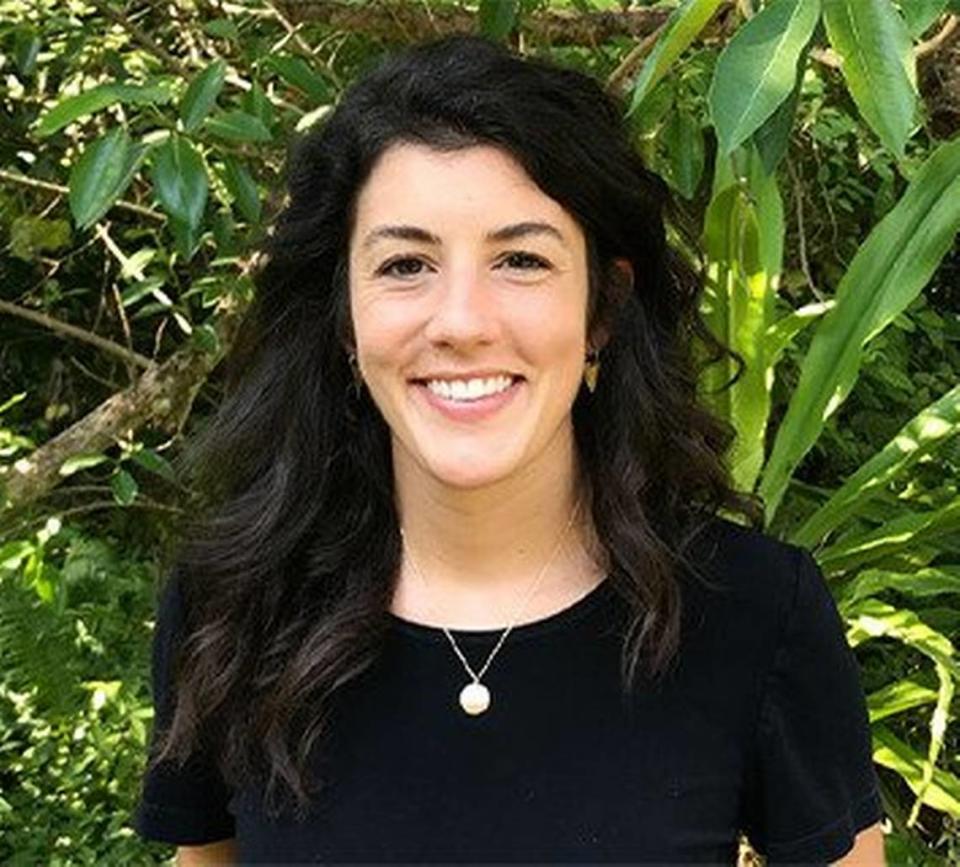COVID-19 pandemic collided with loneliness and addiction epidemics. What now? | Opinion
COVID-19 has exposed our individual and social vulnerabilities, locally and nationally.
The coronavirus pandemic collided with the epidemics of loneliness and addiction, plus historical social injustices, exacerbating the nation’s mental health crises and highlighting social determinants of our health inequities.
We are concerned, in particular, about the nation’s young adults, who have not been at the center of the spotlight, yet they represent generations that will carry the burden into the years to come.
Recent studies have shed light to the mental-health consequences that these generations face.
For example, in a recent study we conducted in 18-35-year-olds across the United States, we found alarming levels of loneliness and a decrease in social connection, linked to depression, anxiety and increased substance use. These associations should not come as a surprise.
A “loneliness epidemic” has been creeping into our society, mostly affecting millennials and Generation Z, and research has warned us about the physical and mental-health consequences loneliness carries with it.
The study also reveals clinically significant depressive symptoms among 80 percent of respondents, and moderate to severe anxiety in 62 percent.
Questions indicative of social context and other determinants of health (education, income, employment and healthcare access) reveal another layer of susceptibility to the effects of COVID-19 in this sample.
Levels of mental-health symptoms are higher among those who report some degree of social vulnerability. Stigma, discrimination, financial loss, and worrying about having enough basic supplies were often related to higher levels depression, anxiety, loneliness, and substance use.
It seems that during the last years, a culture of sustained disconnection has fostered vulnerabilities among a young population that should be striving to establish careers, build networks and find meaning with their lives. Now COVID-19 has allowed for the convergence and magnification of mental-health and substance-use issues in these vulnerable populations.
Similar findings were reported by a recent CDC Morbidity and Mortality Weekly Report, where not only disconnected young adults, but those of racial and ethnic minorities — and also essential workers — are disproportionately affected with worse mental health symptoms, increased substance use and suicidal ideation.
The interplay of the social determinants with mental, physical and economic outcomes of COVID-19 has been well manifested in the adverse consequences of the disadvantaged populations and minorities of Miami-Dade. It is imperative that we mobilize targeted interventions for early identification and intervention for those who will carry the consequences of our current grief.
The pandemic has taught us the importance of preparedness and prevention. Current findings of the adverse consequences caused by the collision of these epidemics gives us the opportunity to generate ideas that can inform our action plans into the future.
Now the question is: If loneliness and disconnection are symptoms of how we have been building up our society, how can we restructure, from here at rock bottom to avoid getting to this point again?
A strategic focus on prevention programs with a lens on the social determinants of health can guide momentum and help aim efforts to abridge known disparities in historically underserved areas such as Homestead, Little Havana, Little Haiti, Opa-locka, Hialeah and Overtown.
To cultivate resilience in these communities, we must start to invest, financially and socially, deploying place-based approaches, expanding early-intervention pathways and building capacities among the socially vulnerable through cross-sector collective impact.
Adopting continuous, inclusive and meaningful participation and communication within and across our communities can also help close racial, ethnic and social gaps, strengthening young generations and allowing them to evolve as a unified American people.
The chance to evaluate the needs of our youth is more than a reaction to COVID-19, it is an opportunity to revisit the building of our cities and communities, which can move beyond the individual approach to foster a stronger social fabric overall.
Viviana Horigian is a professor in the Department of Public Health Sciences at the University of Miami Miller School of Medicine. Renae Schmidt is a research associate in the in the Department of Public Health Sciences at the University of Miami Miller School of Medicine.



